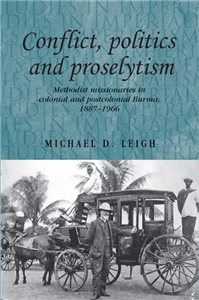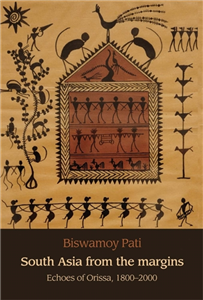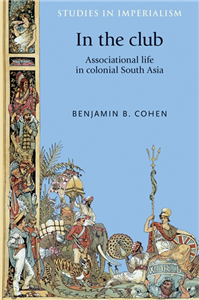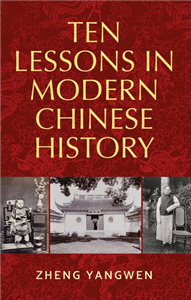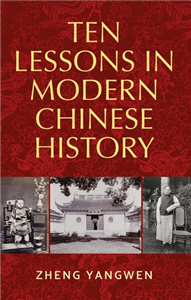The international politics of the Middle East
Second edition
by Raymond Hinnebusch
One of the major internationally recognised works on the international politics of the Middle East, this book systematically combines International Relations theory and Middle East case studies to provide a macro overview of the international relations of the region. The book has been widely used at both undergraduate levels, Masters degree and PhD levels. In providing a unique interpretation of Middle East North African (MENA) international politics, it will also be valuable for scholars of the region. The book provide readers with both theoretical and concrete information, with theoretically-framed major topics, liberally illustrated with case study material on key dimensions of regional politics. Topics include the place of the Middle East in the wider global system; the role of Arabism and Islam in regional politics; the impact of state formation in the region on its international relations; comparative foreign policy making looking at pivotal country cases, including Egypt, Syria, Saudi Arabia and Turkey; major regional wars and efforts at order building; the role of US hegemony and the two Iraq wars; and the impact of the Arab Uprising on regional politics. ;










